(CLO) Despite its remarkable development, the UAE capital Dubai still faces great pressure from rising housing prices and traffic congestion, causing residents to begin to worry.
Over the past five years, Dubai has experienced a period of rapid development, becoming a global hub with skyscrapers and record-breaking real estate transactions. The city has not only attracted a growing number of international residents but also fueled record revenues for its national airline, Emirates.
However, this boom comes with increasing pressures on both infrastructure and people.

Dubai, United Arab Emirates. Photo: Unsplash
Real estate prices hit peak
Since 2002, when Dubai allowed foreigners to own property, the real estate sector has been a major driver of growth. Despite a sharp decline during the 2008-2009 financial crisis and the COVID-19 pandemic, real estate prices in Dubai have now reached an all-time high, according to Property Monitor.
Rents in central areas have risen by as much as 20% over the past year and are expected to rise further this year, forcing many residents to move further out of the city centre, or even to neighbouring emirates such as Sharjah, to reduce costs.
Dubai’s current population is around 3.8 million but is expected to grow to 5.8 million by 2040, an increase of more than 50% in just 15 years. This rapid population growth puts enormous pressure on housing supply and affordability, especially for the middle class and migrant workers.
Traffic overload
Dubai’s transportation infrastructure is facing serious strain. The number of registered vehicles in the city has increased by 10% in the past two years, more than twice the global average. The growth is so rapid that the city has had to design longer license plates to accommodate it.
About 1 million people work in Dubai but live in neighboring emirates like Sharjah, causing congestion on highways, especially the 12-lane Sheikh Zayed Road, during rush hour. Research shows that four out of five people drive to work in Dubai, adding to the strain on the transport system.
Although the city is constantly building new overpasses and widening major roads, population and vehicle growth far outpace infrastructure improvements.
Concerns about economic inequality
Dubai’s rapid growth has not only affected housing and transport prices, but has also raised concerns about economic inequality. Emirati citizens currently make up only about 10% of the population, while foreigners increasingly dominate and benefit from economic opportunities.
Habib Al Mulla, a prominent Emirati lawyer, has spoken out publicly on the issue, describing inequality and affordability as pressing challenges. He has also warned that discontent among low-income groups, particularly indigenous people, could pose major social risks if left unaddressed.
In addition, the UAE Government has encouraged Emirati people to increase their fertility rate, considering it a national responsibility to protect population balance amid falling birth rates.
High-tech solutions
Dubai is looking to technological solutions to ease the pressure on traffic and infrastructure, such as developing its public transport system. The city is expanding its metro network with an investment of nearly $5 billion and adding Salik toll stations.
Dubai authorities are proposing that businesses adopt flexible working hours or allow employees to work remotely five days a month, reducing rush-hour travel time by 30%.
The city has also begun building a "vertiport" at Dubai International Airport, with the aim of offering flying taxi services next year.
Dubai plans to build 3,300 km of pedestrian streets to promote an environmentally friendly lifestyle, although this is hampered by the harsh climate with summer temperatures reaching 45°C.
UAE Prime Minister Sheikh Mohammed bin Rashid Al Maktoum pledged that people will be able to choose from a variety of modern forms of transportation in the future, from walking, cycling, using flying taxis, to modern public transport.
Ngoc Anh (according to ABC, Dailytimes)
Source: https://www.congluan.vn/phia-sau-anh-hao-quang-dubai-tac-duong-gia-nha-cao-va-khoang-cach-giau-ngheo-post332194.html


![[Photo] Looking back at the impressive moments of the Vietnamese rescue team in Myanmar](https://vstatic.vietnam.vn/vietnam/resource/IMAGE/2025/4/11/5623ca902a934e19b604c718265249d0)



![[Photo] "Beauties" participate in the parade rehearsal at Bien Hoa airport](https://vstatic.vietnam.vn/vietnam/resource/IMAGE/2025/4/11/155502af3384431e918de0e2e585d13a)



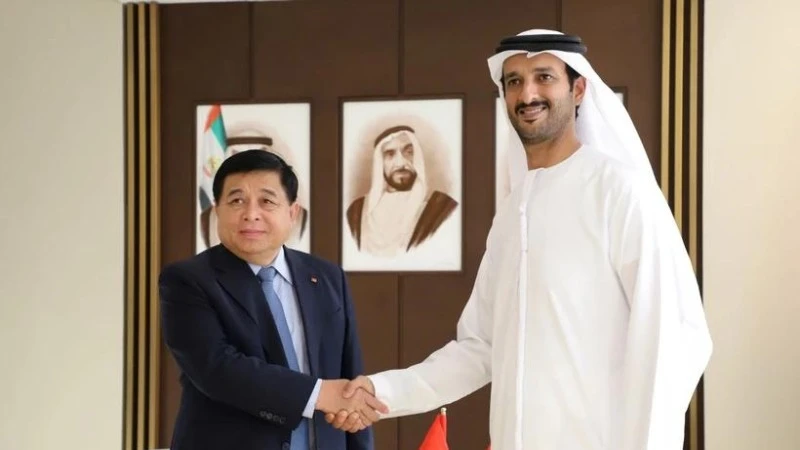



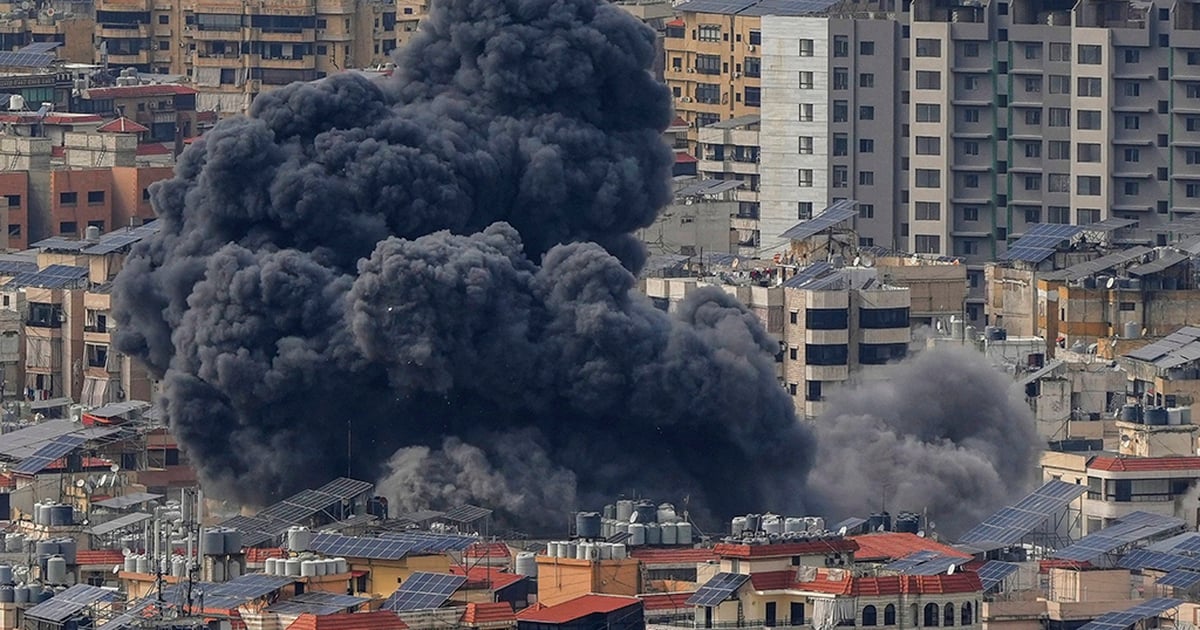


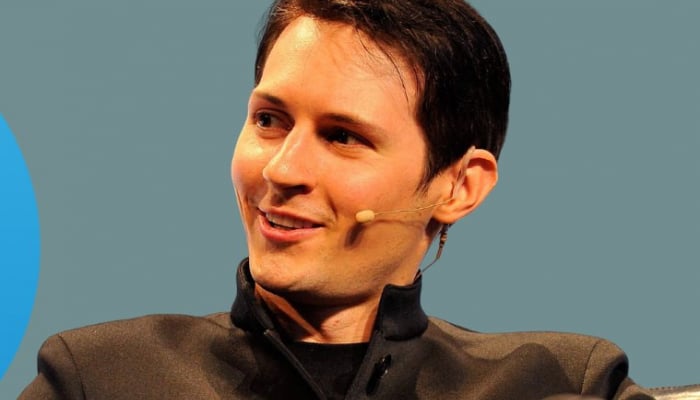


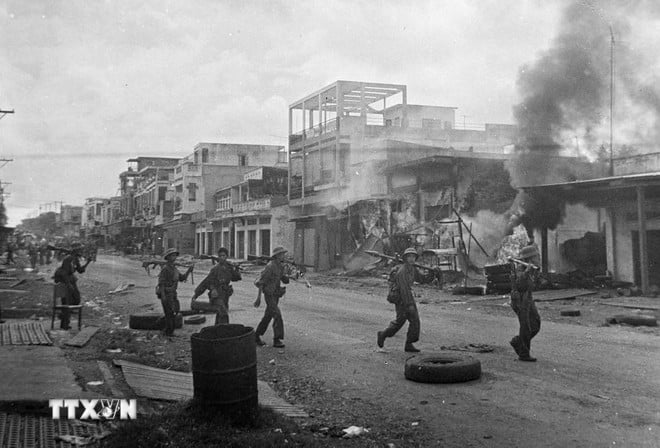
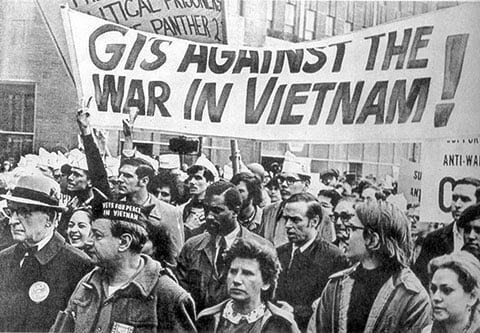

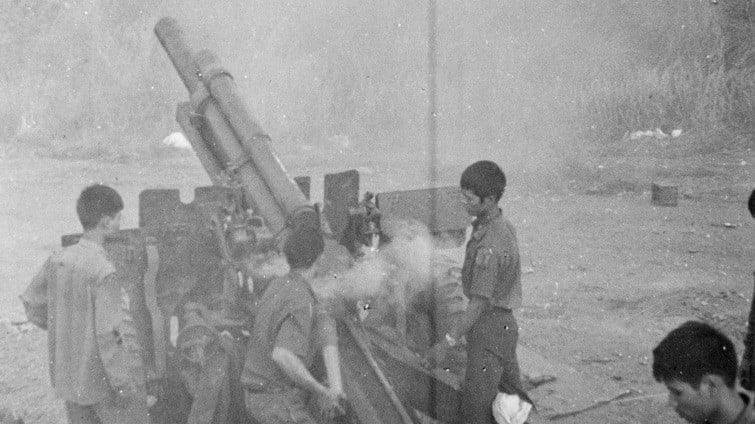






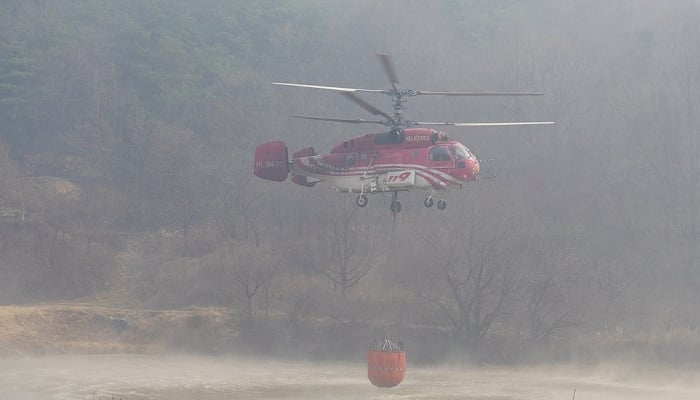

![[Photo] Summary of parade practice in preparation for the April 30th celebration](https://vstatic.vietnam.vn/vietnam/resource/IMAGE/2025/4/11/78cfee0f2cc045b387ff1a4362b5950f)







































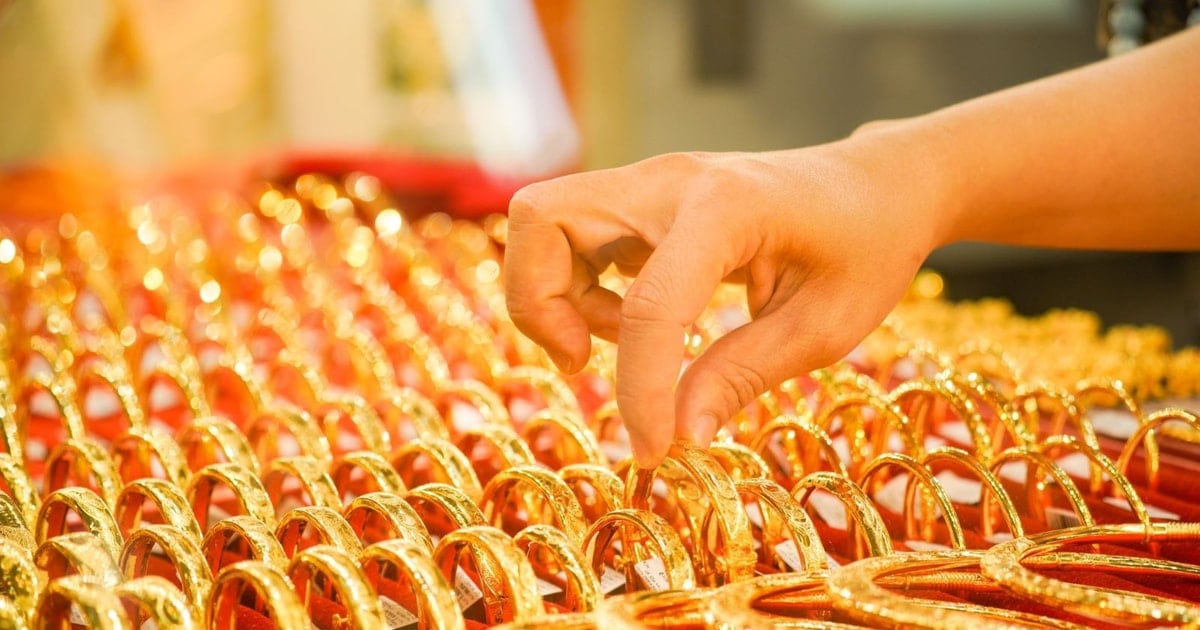

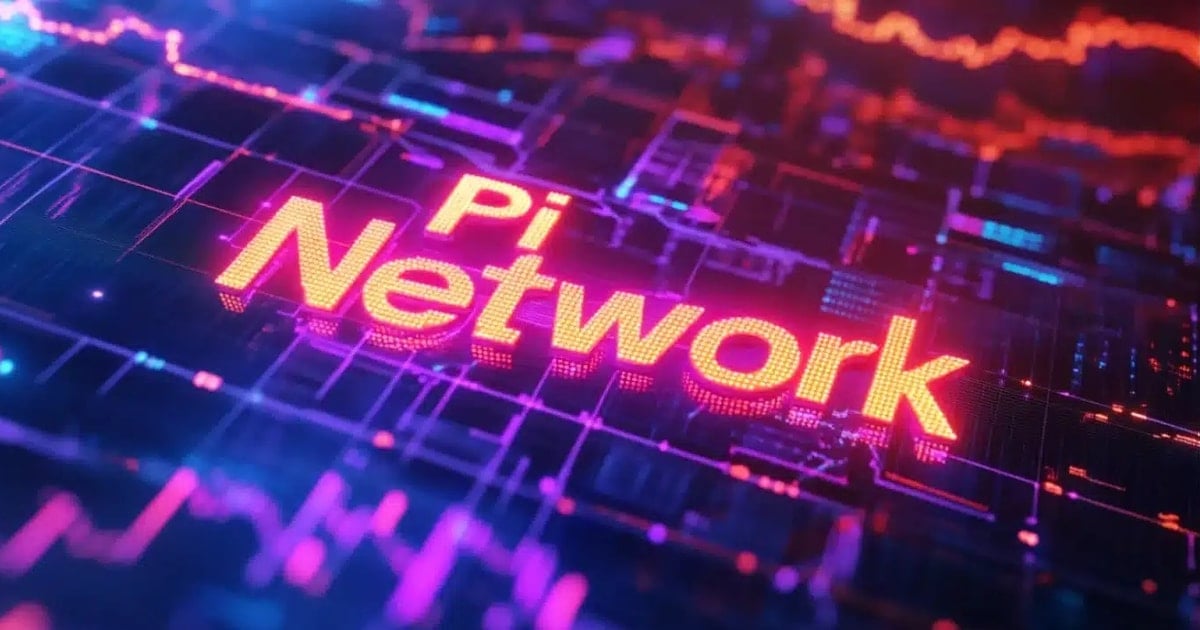

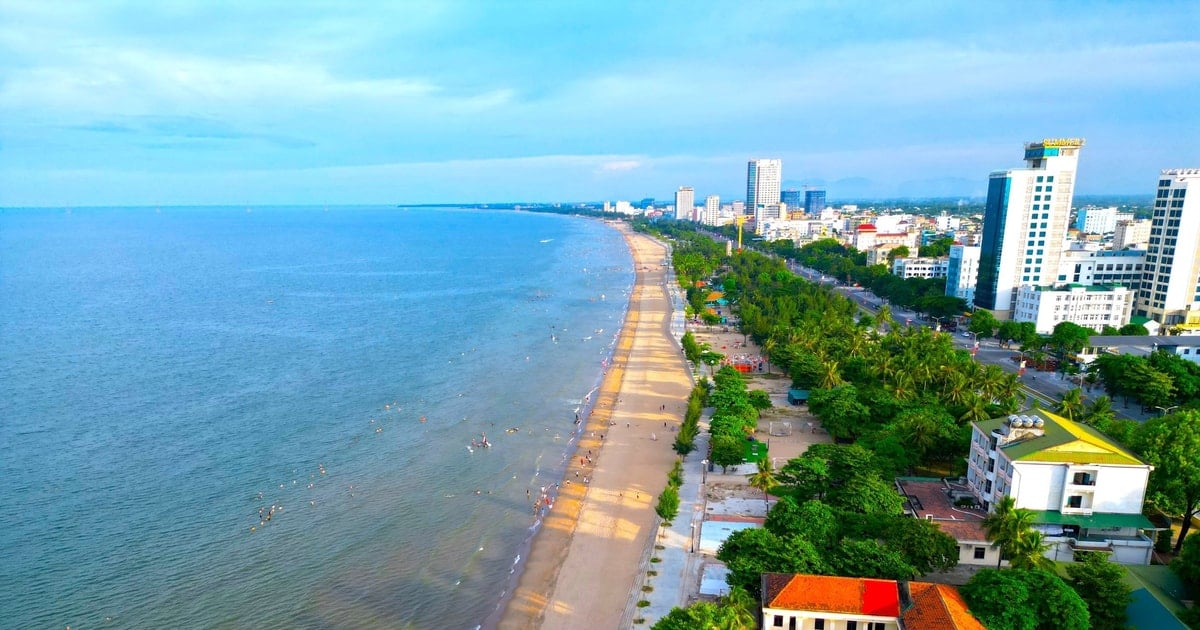
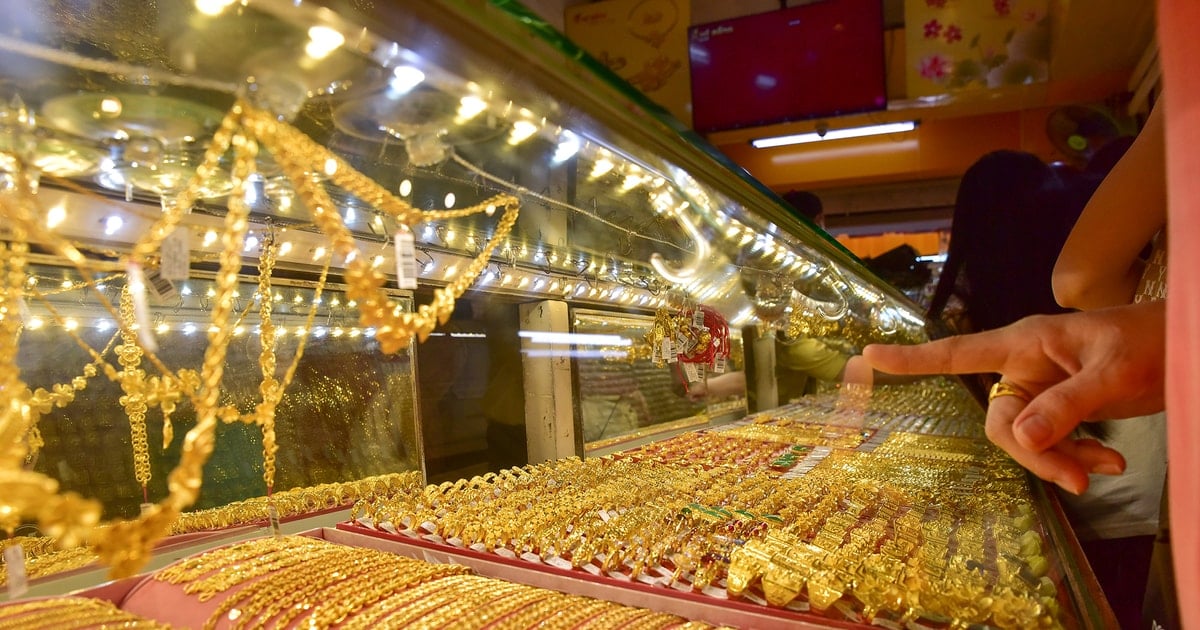
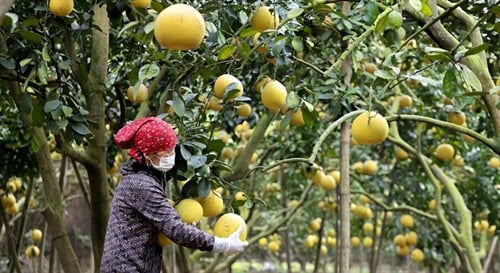
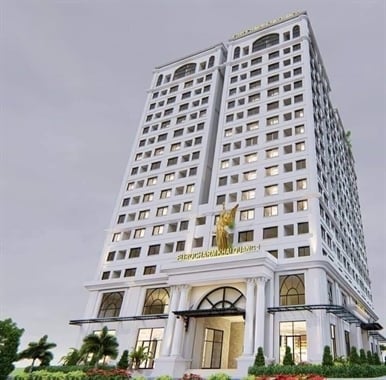











Comment (0)